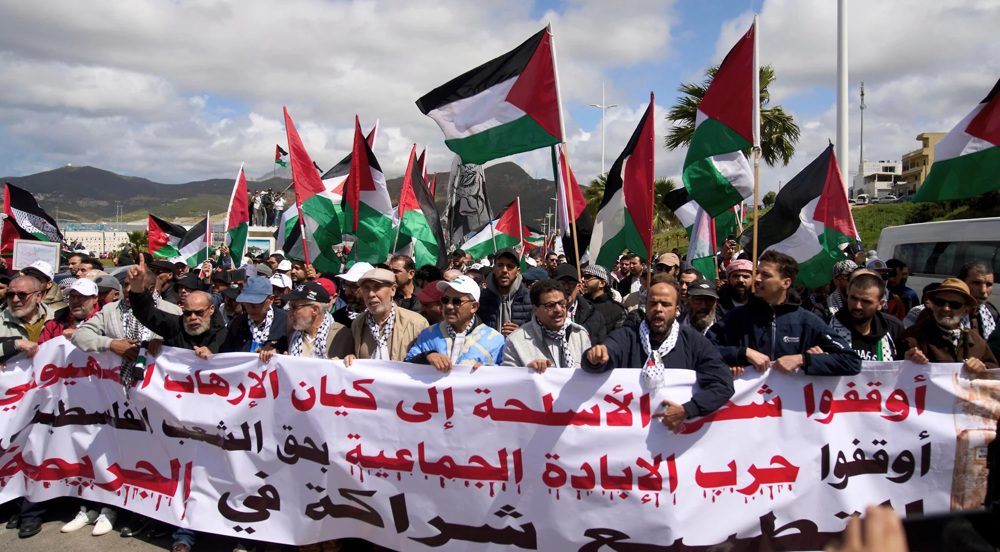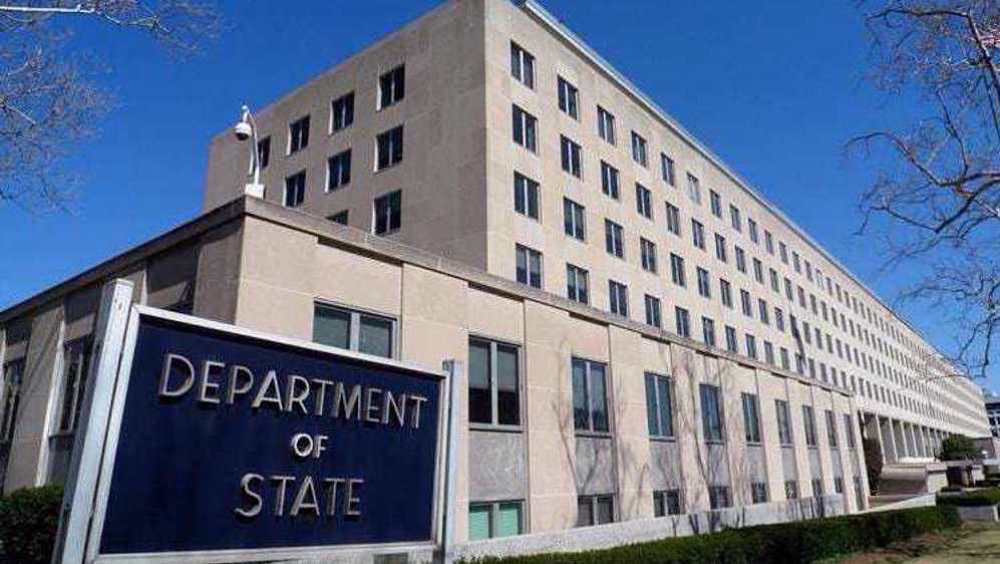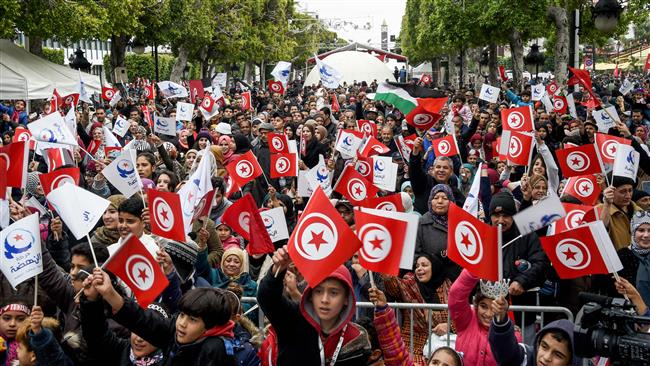Tunisia extends state of emergency citing ‘terror threats’
Tunisia has renewed for three more months the state of emergency which has been in place across the North African state since a deadly Daesh terror attack in 2015.
President Beji Caid Essebsi decided “to extend the state of emergency for three months from 16 February,” the presidential office announced on Thursday.
The extension came despite government assurances of improved security in the country.
On Wednesday, Prime Minister Youssef Chahed said to a local radio station that the state of emergency will be “definitively lifted in three months.”
The state of emergency gives special powers to the police and in theory grants authorities the right to prohibit strikes and meetings likely to provoke “disorder.” It also permits authorities “to ensure control of the press.”
Also commenting on the state of emergency, Defense Minister Farhat Horchani said there had been a “major improvement” in the country’s security situation compared to the past.
“But as long as our situation is linked to Libya and as long as Libya does not have a government that is in control of the situation... the threat exists,” he warned.
Tunisia shares a 500 kilometer border with Libya, a country plagued by chaos since the NATO-backed ouster of its former dictator, Moammar Gaddafi, in 2011. Taking advantage of the chaotic situation, the Daesh terror group has managed to gain a foothold in Libya.
The state of emergency has been in place in Tunisia since November 2015 when a deadly bombing attack left 12 presidential guards dead in the capital Tunis.

Daesh Takfiri terrorist organization, which is mainly active in Iraq and Syria, claimed responsibility for the attack in 2015.
The terror outfit was also behind attacks the same year at the Bardo National Museum and at a beach resort, which left 59 foreign tourists and a Tunisian officer dead.
A large number of Tunisian nationals have also joined the ranks of Daesh over the past years.

Moroccan port workers protest Maersk ship carrying F-35 parts to Israel

US approves potential sale of Stinger missiles to Morocco

Morocco calls for boycott of Maersk ship over arms deliveries to Israel
Netanyahu’s anger source of joy for us: Ansarullah
Iran, China working resolutely to safeguard mutual interests: Tehran says as FM departs for Beijing
Yemen asserts enhanced military readiness; takes US aircraft carriers under firepower
VIDEO | Iran seeks foreign investment to boost oil, gas sectors
Iran condemns terror attack in India's Kashmir region
After second Signalgate scandal, Democrats call for Hegseth’s resignation
Mahmoud Khalil missed son's birth after US officials denied temporary release
Iran’s annual inflation up 0.7% to 33.2% in April: SCI












 This makes it easy to access the Press TV website
This makes it easy to access the Press TV website